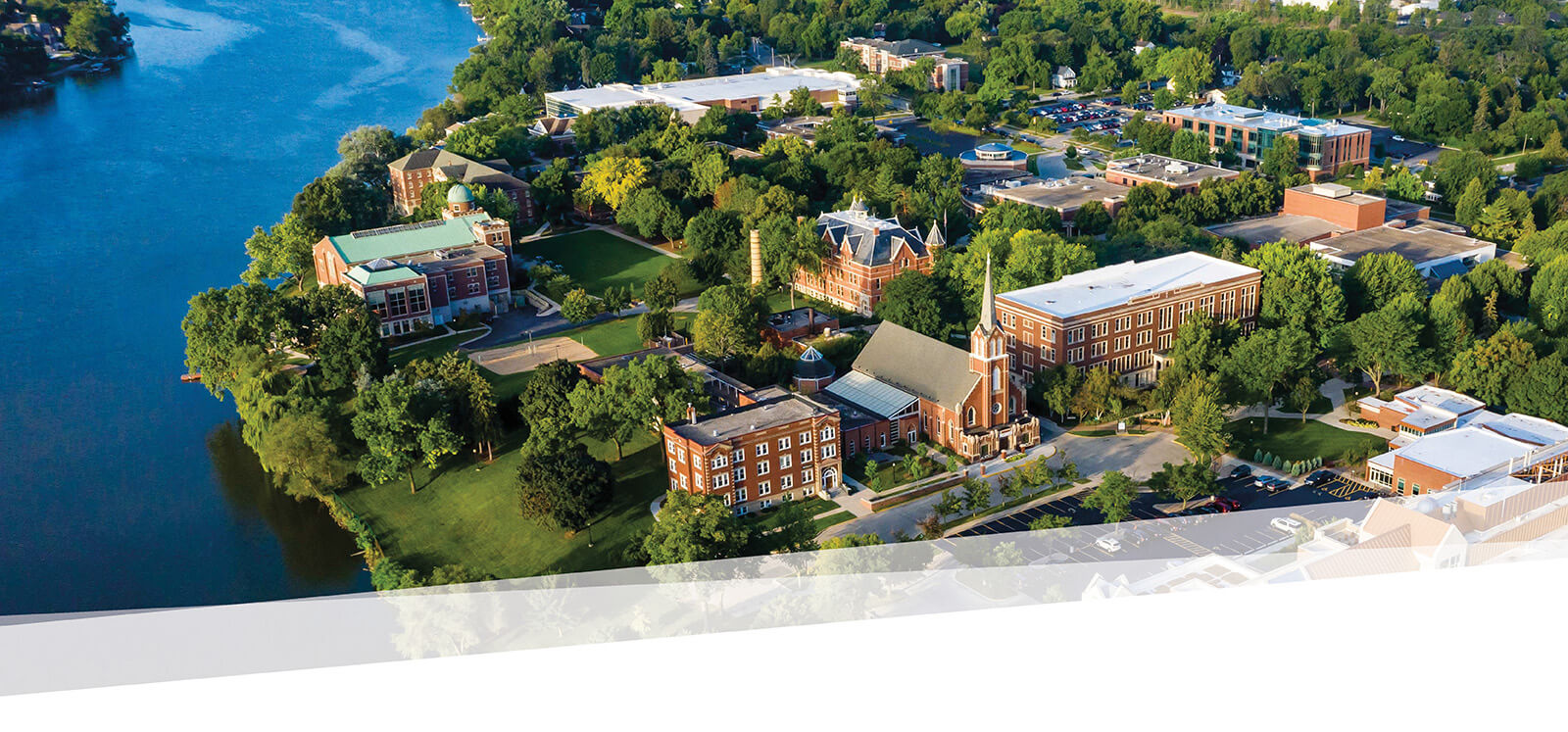

From Greek mythology to Russian fiction, world literature mines the human experience across time and place. Its plots and characters offer insight into history and culture, shedding light on universal questions of ethics and values.
When you study world literature at St. Norbert College, you learn to uncover meaning and motivation in great works and to express your discoveries clearly and critically. In other words, you hone your ability to glean lessons from the sweep of humanity and to apply them to your personal and professional life.
While world literature does not exist as a separate academic program at SNC, this program can complement your studies in any other area. What’s more, you can use world literature courses to satisfy SNC’s core curriculum program requirements.
This course explores 20th century Soviet culture and society through readings of Soviet dissident literature. Besides a close reading of the literary texts, considerable attention is devoted to the history of the Soviet period, Soviet ideology, Russian culture in the former Soviet Union and abroad, and contemporary Soviet society. Authors who may be studied include Zamiatin, Babel, Olesha, Solzhenitsyn, Bulgakov, Pasternak and Brovdsky.
This course serves as an introduction to 19th-century Russian literature seen within its historical and cultural contexts. After a brief survey of Russian history and literature from the Kievan Period through the 18th century, the course concentrates on famous short stories and novels by Pushkin, Gogol, Turgenev, Dostoyevsky, Tolstoy and Chekhov. These works are examined not only as literary masterpieces, but also in terms of the ethical and value questions they raise. Students write critical essays, take essay examinations and read additional material helpful to understanding Russian literature as a major part of 19th-century European culture.
This course studies both Greek and Roman mythology in their literary and cultural contexts. The course considers the meanings, purposes and universality of various myths, such as the stories of Prometheus, Orpheus, Oedipus and Aeneas. It may also include comparative elements, touching, for example, Norse, Celtic and American Indian myths.

Campus location
Ariens Family Welcome Center
310 College Ave.
De Pere, WI 54115
Hours of operation
Monday-Friday
8 a.m.-4:30 p.m.
We’re also available by appointment.
Mailing address
Office of Admission
St. Norbert College
Ariens Family Welcome Center
100 Grant St.
De Pere, WI 54115